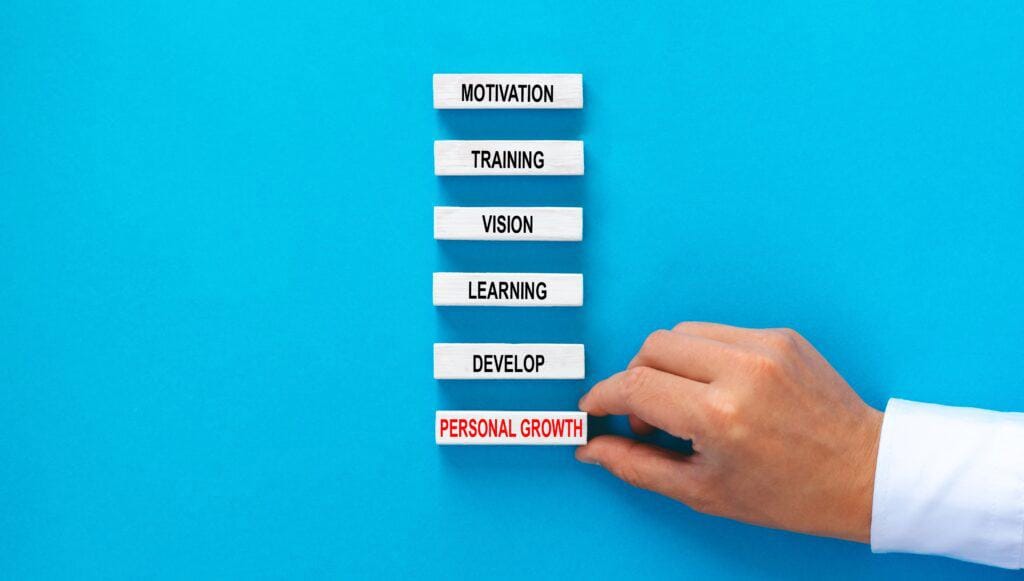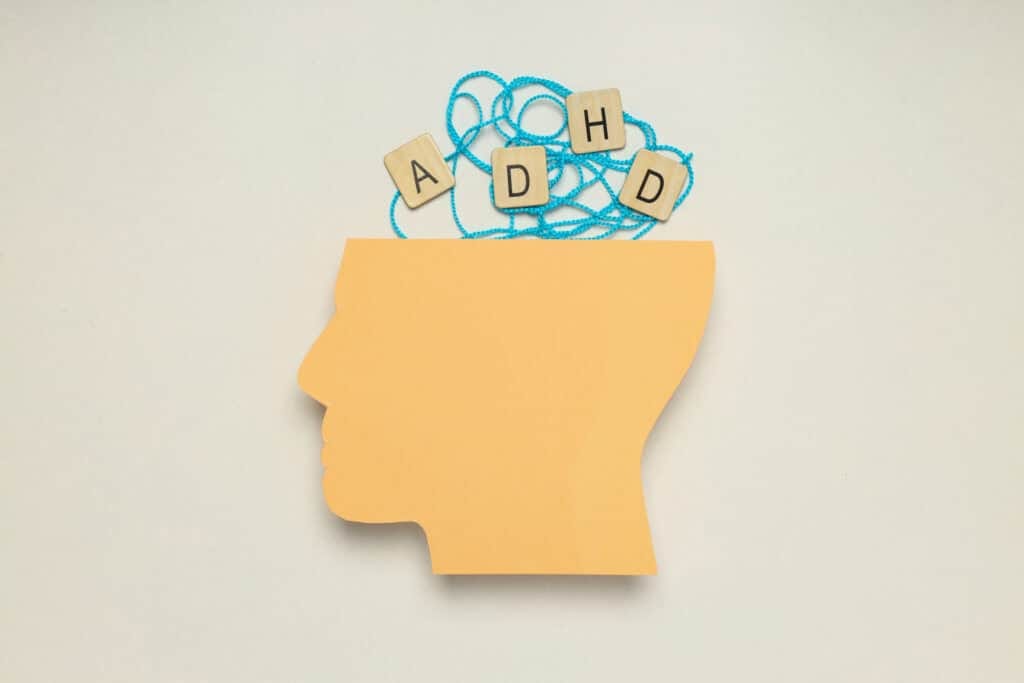If you’re looking to improve yourself, personal growth is the way to go. Personal growth is all about developing your skills, knowledge, habits, behavior, and personal qualities. It’s about becoming your best self and living your happiest, most successful life.
Personal growth can take many forms, from improving your physical health to learning new skills to developing your emotional intelligence. It’s a process that requires self-reflection, a willingness to learn, and a commitment to change. Personal growth is not always easy, but it’s always worth it.
By focusing on personal growth, you can become more self-aware, more confident, and more resilient. You can improve your relationships, your career prospects, and your overall quality of life. Whether you’re just starting out on your personal growth journey or you’re a seasoned pro, there’s always room for improvement. So why not start today?
What is Personal Growth?
Personal growth refers to the continuous development of your skills, knowledge, habits, behavior, and personal qualities. It is a process of self-improvement that allows you to reach your full potential and become the best version of yourself. Personal growth involves learning new things, acquiring new skills, and developing new habits that align with your values and philosophy.
One way to understand personal growth is to look at Maslow’s Hierarchy of Needs. The hierarchy is a pyramid-shaped model that categorizes human needs into five levels. At the bottom of the pyramid are physiological needs such as food, water, and shelter. As you move up the pyramid, the needs become more complex, including safety, love and belonging, esteem, and self-actualization.
Self-actualization is the highest level of the pyramid, and it refers to the desire to fulfill your potential and achieve personal growth. When you reach this level, you are motivated to develop your skills, knowledge, and behavior to become the best version of yourself.
Personal growth is not just about acquiring new skills or knowledge. It also involves developing positive habits and behaviors that align with your values and philosophy. For example, you may want to develop a habit of daily meditation or exercise to improve your mental and physical health. You may also want to develop a positive attitude towards life and cultivate healthy relationships with others.
In summary, personal growth is a continuous process of self-improvement that involves developing your skills, knowledge, habits, behavior, and personal qualities. It is a journey towards self-actualization, where you strive to become the best version of yourself. By focusing on personal growth, you can achieve your full potential and live a happier and more fulfilling life.
Why is Personal Growth Important?
Personal growth is an essential part of life that can lead to a multitude of benefits. It can help you achieve success, happiness, and better relationships. By focusing on personal growth, you can gain confidence, control, and support to help you achieve your goals.
One of the most significant benefits of personal growth is the ability to build self-confidence. By improving your skills and knowledge, you can become more competent and capable in various areas of your life. This newfound confidence can help you tackle challenges with a positive attitude and overcome obstacles with ease.
Personal growth can also lead to better relationships. As you develop emotional intelligence and resilience, you can communicate more effectively with others and handle conflicts in a healthy way. This can lead to stronger, more meaningful relationships with friends, family, and colleagues.
When you focus on personal growth, you can also gain a sense of control over your life. Instead of feeling like a victim of circumstances, you can take charge of your life and make positive changes. This can lead to a greater sense of purpose, passion, and productivity in your personal and professional life.
Additionally, personal growth can lead to greater joy, well-being, and positivity. By cultivating a growth mindset, you can transform your outlook on life and see challenges as opportunities for growth and learning. This can lead to a more positive and fulfilling life.
In summary, personal growth is crucial for success, happiness, and healthy relationships. It can help you gain confidence, control, and support while cultivating passion, productivity, and well-being. By focusing on personal growth, you can transform your life and achieve your full potential.
How to Achieve Personal Growth
Personal growth is a lifelong journey that requires dedication and effort. It involves developing new habits, learning new skills, and improving oneself in various areas of life. Here are some key areas to focus on when striving for personal growth.
Setting Goals
Setting goals is an essential step in achieving personal growth. Goals give you something to work towards and provide direction and purpose. When setting goals, make sure they are specific, measurable, achievable, relevant, and time-bound (SMART). Write them down and revisit them regularly to track your progress.
Developing Habits
Habits are the building blocks of personal growth. Positive habits help you develop a routine and increase productivity, while negative habits can hold you back. Identify your current habits and work on replacing bad habits with good ones. Start small and gradually build up to bigger changes.
Learning and Education
Learning is a crucial aspect of personal growth. It can come in many forms, such as reading articles, listening to audiobooks, or taking courses. Identify areas where you want to improve and seek out resources to help you learn. Take advantage of online courses, workshops, and seminars to gain new skills.
Physical Health
Physical health is an essential component of personal growth. Regular exercise, proper nutrition, and adequate sleep are all essential for optimal physical health. Make time for self-care activities such as yoga, meditation, or mindfulness practices to improve your overall well-being.
Mental and Emotional Health
Mental and emotional health are just as important as physical health. Cultivate a positive mindset and practice self-acceptance and inner peace. Seek out coaching, counseling, or therapy if needed. Listen to podcasts or read books on personal growth to gain wisdom and insight.
Professional Development
Professional development is critical for personal growth. Develop skills such as time management, public speaking, and teamwork to become a more effective employee or entrepreneur. Seek out opportunities for career advancement and take on new challenges to stretch your abilities.
Building Relationships
Building strong relationships is essential for personal growth. Cultivate supportive relationships with friends, family, and colleagues. Practice active listening and effective communication to improve your relationships. Pursue your passions and interests with others who share them.
Exploring Passions and Interests
Exploring your passions and interests is an important part of personal growth. Pursue hobbies and activities that bring you joy and fulfillment. Try new things and step out of your comfort zone to expand your horizons.
Financial Growth
Financial growth is an essential aspect of personal growth. Develop a budget and savings plan to achieve your financial goals. Seek out resources such as books or podcasts on personal finance to gain knowledge and insight.
Overcoming Obstacles
Obstacles are inevitable on the path to personal growth. Develop a growth mindset and learn to overcome challenges. Identify self-sabotage behaviors such as procrastination or anxiety and work on overcoming them. Seek support from friends, family, or a coach to help you overcome obstacles.
Identifying Strengths and Weaknesses
Identifying your strengths and weaknesses is essential for personal growth. Take a personality test or seek feedback from others to gain insight into your strengths and weaknesses. Focus on developing your strengths while working on improving your weaknesses.
In conclusion, personal growth requires dedication, effort, and a willingness to learn and improve. By focusing on key areas such as setting goals, developing habits, learning new skills, and building relationships, you can achieve personal growth and become the best version of yourself.
FAQs
What are the benefits and how can I measure progress in personal growth?
Personal growth, an empowering journey, offers numerous benefits including increased resilience, improved self-esteem, and better relationship skills. Progress can be measured by setting specific goals, observing changes in habits, tracking progress, and reflecting on shifts in mindset.
How can I stay motivated and manage feelings of overwhelm during my personal growth journey?
Motivation can be maintained by setting achievable goals, developing supportive habits, and seeking advice from trusted sources. If feelings of overwhelm occur, try reassessing your situation, practicing mindfulness, and discussing your feelings with a trusted individual.
What resources can I utilize to further my personal growth and ensure I am on the right track?
Resources such as networking events, self-reflection exercises, and support groups can be useful for personal growth. To ensure you’re on the right track, cultivate self-discipline, resilience, and a balanced lifestyle, while embracing changes and overcoming fears.
How can I ensure that I am making the right decisions during my personal growth journey?
Making decisions involves careful consideration of various factors, but ultimately, trusting your intuition is crucial. If you feel good about a decision, it’s likely the right one for you.
How can I become more confident and find balance in my life as part of my personal growth journey?
Confidence can be built by focusing on your strengths, celebrating successes, and surrounding yourself with supportive, positive individuals. Balance in life can be found by prioritizing what’s important, setting realistic goals, and ensuring regular self-care.
Conclusion
In conclusion, personal growth is a continuous process that requires commitment, dedication, and a willingness to learn and improve. It involves developing your skills, knowledge, habits, behavior, and personal qualities to reach your full potential and live your best life.
Through personal growth, you can gain a better understanding of yourself and your values, which can help you make better decisions and lead a more fulfilling life. It can also help you develop better relationships with others, improve your communication skills, and enhance your emotional intelligence.
To achieve personal growth, it’s important to set goals and create a plan of action. This can involve taking courses, seeking mentorship, or practicing self-reflection and self-awareness. It’s also important to be patient with yourself and recognize that personal growth is a journey, not a destination.
Remember that personal growth is not a one-size-fits-all process. Everyone’s journey will be unique, and it’s important to find what works best for you. By taking the time to invest in yourself, you can unlock your full potential and live a more meaningful and fulfilling life.
So, keep learning, keep growing, and keep striving to be the best version of yourself. You have the power to create the life you want, and personal growth is the key to unlocking that potential.









